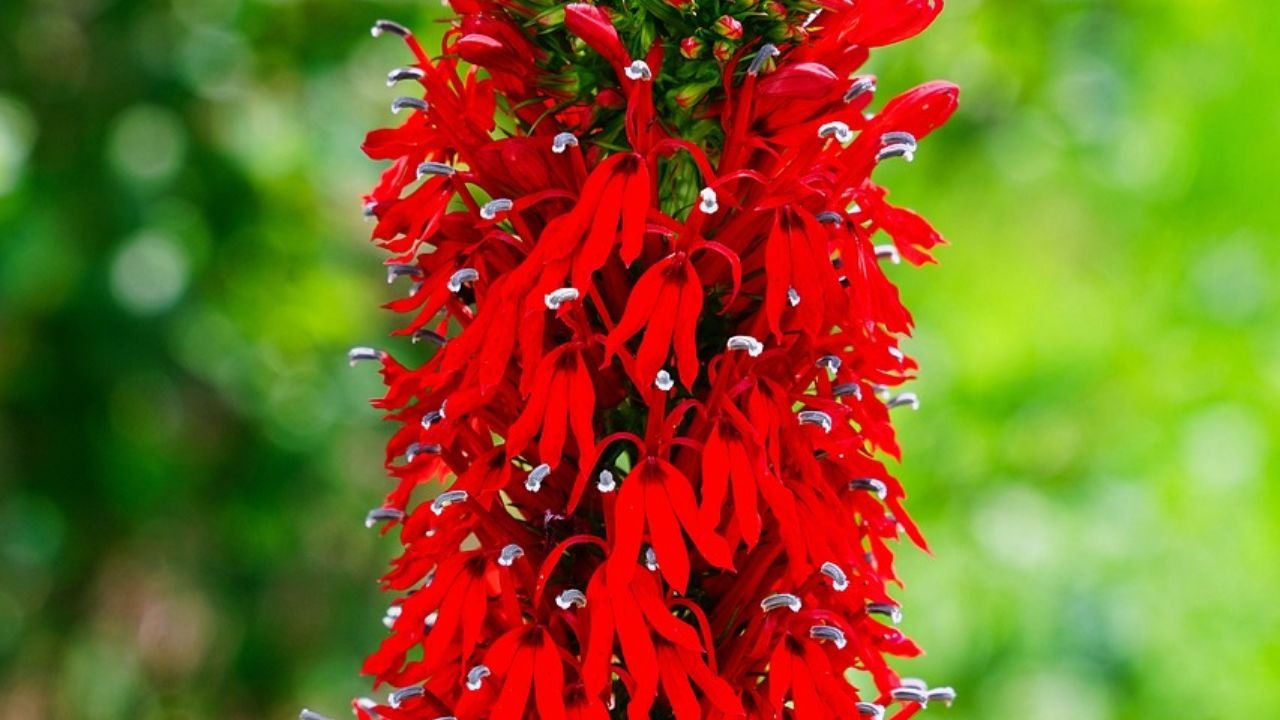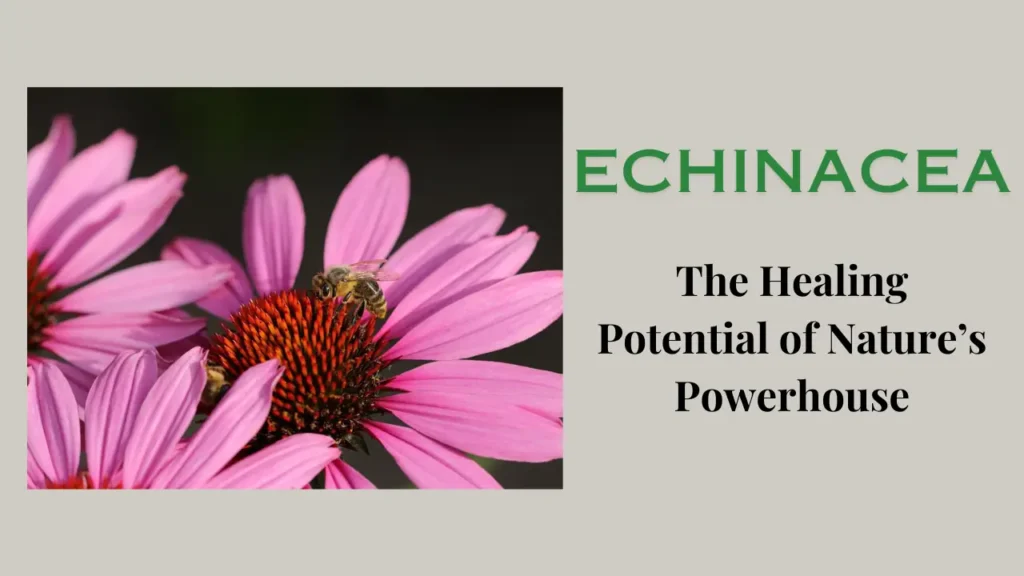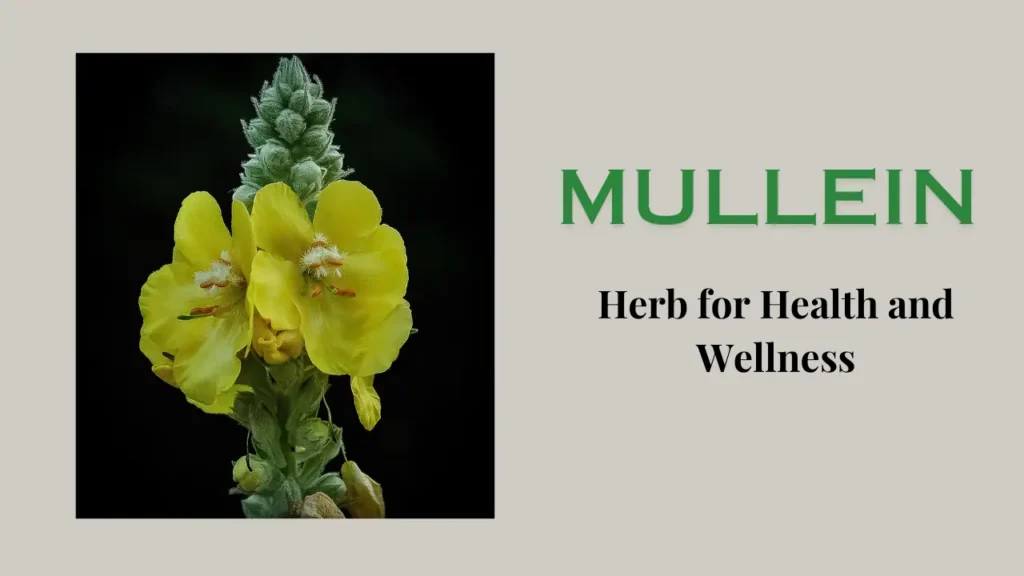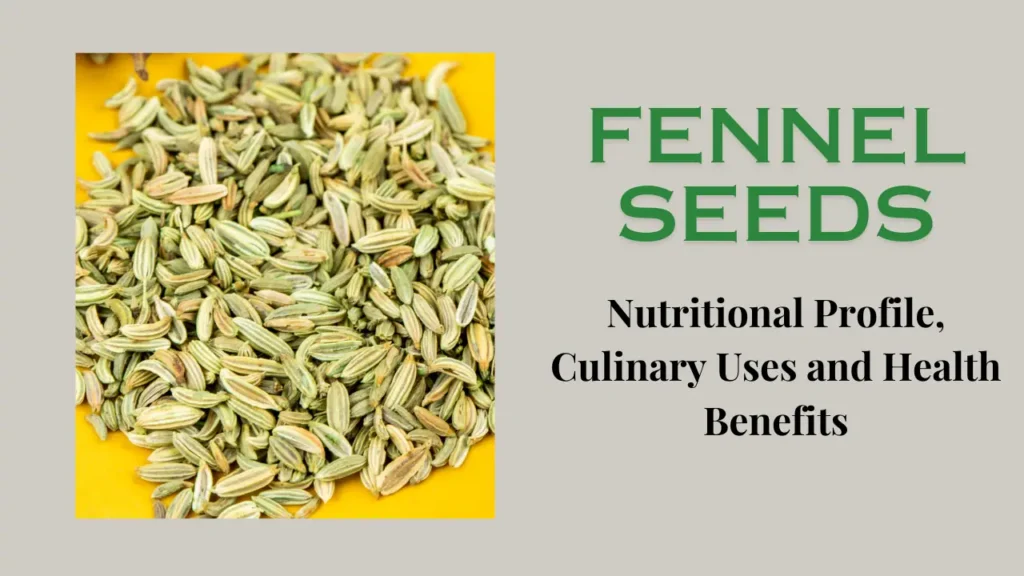Lobelia cardinalis is commonly known as the cardinal flower. This plant is gorgeous and is known for its many medicinal properties. It produces bright red flowers and becomes the center of attraction in the gardens. It is used in traditional and herbal medicine due to its medicinal properties. In this article, we will learn about it in detail.

Scientific Name
Lobelia cardinalis
Synonyms
Cardinal Flower, Red Lobelia, Indian Pink, Scarlet Lobelia
Family
Campanulaceae
Habit
Lobelia cardinalis is a perennial herbaceous plant. It typically grows 2-4 feet tall. It has lance-shaped leaves and unbranched stems. The plant is known for its attractive, tubular red flowers that bloom from mid-summer to early fall.
Habitat
This plant is native to North America. It thrives in moist environments such as riverbanks, swamps, and wet meadows. It thrives in fertile and well-drained soil. It can often be seen in partially shady areas, although it also tolerates full sun.
Common Name
Cardinal Flower, Indian Pink, Red Lobelia, Scarlet Lobelia
Chemical Composition
- Lobeline: An alkaloid known for its respiratory stimulant properties.
- Lobelanidine: Another alkaloid contributing to the plant’s medicinal effects.
- Beta-amyrin: A triterpenoid with anti-inflammatory properties.
- Volatile oils: Oils that contribute to the plant’s therapeutic aroma and effects.
Plant Parts Used
Leaves, Flowers, Stems
Properties of Lobelia cardinalis
Ayurvedic Properties
In Ayurveda, it is known for its many medicinal properties:
- Rasa (Taste): Bitter, pungent
- Virya (Potency): Heating
- Vipaka (Post-digestive effect): Pungent
- Guna (Qualities): Light, dry
Therapeutic properties
Lobelia cardinalis has several medicinal properties that have led to its use in traditional medicine:
- Respiratory support: The lobeline in the plant acts as a bronchodilator, which helps improve breathing by opening up clogged airways. It is often used in the treatment of diseases such as asthma and bronchitis.
- Anti-inflammatory properties: The beta-amyrin in it helps reduce inflammation, making it useful for arthritis and other inflammatory disorders.
- Diuretic properties: The plant has mild diuretic properties, which can help remove excess fluid from the body and also help lower blood pressure.
- Antimicrobial properties: The volatile oils in Lobelia cardinalis exhibit some degree of antimicrobial properties, making it effective against certain bacterial and fungal infections.
Forms of Use of Lobelia cardinalis
It can be used in different forms:
- Tincture: Alcohol-based extracts of the plant are used for their concentrated medicinal properties. It can be consumed orally.
- Infusion: Its dried leaves and flowers can be soaked in hot water to make tea and consumed for respiratory support.
- Poultice: Its leaves can be crushed and applied directly to the skin to reduce inflammation and heal wounds or insect bites.
Precautionary Measures
- Consuming it in large quantities can be harmful to health. Therefore, one must consult a doctor while consuming it.
- Pregnant and lactating women should avoid consuming it.
- People who are allergic to plants of the Campanulaceae family should avoid consuming it.
Conclusion
Lobelia cardinalis, or cardinal flower, is a versatile medicinal plant that has been used in herbal medicine for centuries. Its red flowers and leaves are used in many forms. It can help treat many health conditions. It is important to consult a doctor before taking it.
Remember, before starting any new wellness regimen, it’s always best to consult with a healthcare professional to ensure it is suitable for your specific needs and circumstances.








